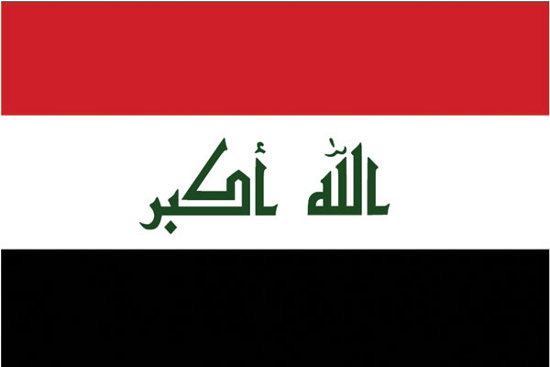
Iraq’s parliament has approved a long-delayed law governing national elections scheduled to be held next January, officials have said.
Members of parliament passed the law with 141 votes in favour in the 275-seat parliament after overcoming disagreements over the disputed city of Kirkuk.
Sunday’s vote came after delays the previous night due to concerns from the Sunni Muslim bloc within parliament.
The parliamentary election is seen as a crucial test for the country as it attempts to emerge from the sectarian carnage and civil strife that has followed the US-led invasion in 2003.
While the underlying dispute over Kirkuk has not been resolved by the law’s passage, the agreement includes this crucial positive detail:
The election law provides for an open candidate list, allowing voters to cast their ballot for an individual rather than a party. It also sets aside five seats in parliament for minorities.
It was vital to permit open candidate lists in order to maintain Iraq’s popular trend towards nationalism, elevate truly qualified leaders, and break sectarian party strangleholds on government ministries. Notably, open list elections were supported by Grand Ayatollah Ali al-Sistani and opposed by some of the major Kurdish and Shia Arab parties, the latter of which are often portrayed in the media as running Iraq at Iran’s behest.
The open source news reports are typically light on detail, but this looks to be a milestone essential to Iraq’s potential stability and political progress.
* The title is of course a light poke at Thomas Ricks’ “Iraq, the Unraveling” series of blog posts, which I believe focus on negative aspects of Iraq without due consideration of what is working, when it works. Today it looks as if something important worked.
Are you a dedicated reader of FDD's Long War Journal? Has our research benefitted you or your team over the years? Support our independent reporting and analysis today by considering a one-time or monthly donation. Thanks for reading! You can make a tax-deductible donation here.








5 Comments
It certainly seems that Iraqis have committed themselves to a lawful society and an orderly political process. If the upcoming national elections are conducted in a peaceful and legitimate (in the eyes of the electorate) manner Iraq will be 85% there as a stable and lawful state and OIF can be considered a success and Iraq a prosperous and strong beacon of hope in a dismal region. Fingers crossed!
Somewhere I read Sistani’s audios are the most popular in Iran. If it was Sistani dicisive on open lists and putting a damper on sectarianism in Iraq, and if he’s responsible for reform in Iran, I have feeling liberating Iraq and freeing Sistani to do his thing in Islam, may turn out to have been the greatest contribution to the war on Radical Islam.
Bill –
See the subhead “A Split in Shia Islam” here:
https://www.longwarjournal.org/threat-matrix/archives/2009/09/iran_iran_iran_1.php
Thanks…I have the feeling this is the biggest story and it’s going un noticed…because of the lack of expertise in the middle east; but mostly because of a lack of understanding of the power of religion… a lack among us in the secular west.
“The election law provides for an open candidate list”
That is certainly good news for all the reasons mentioned.
Also, it will take time but I believe that Iraq will regain its place as the center of Shiite theology. This will dilute the influence of Qom over time and, I believe, have a moderating influence on Shiite political doctrine.